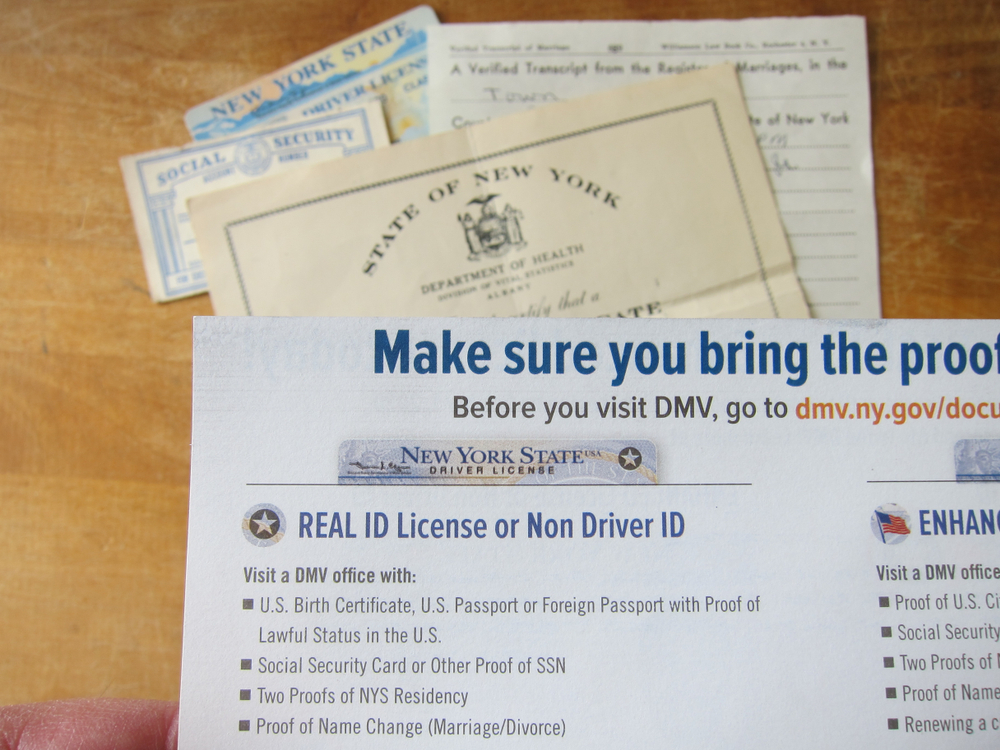
On Oct. 1, 2020, all Americans looking to fly will need a REAL ID, but according to a new study from the U.S. Travel Association, nearly three out of four U.S. citizens will not have the necessary identification by that time.
The study found that 57 percent of Americans were not aware of the REAL ID deadline at all. Beyond this, 72 percent either do not have a REAL ID-compliant driver’s license or have no idea whether they do or not. Many also lack acceptable alternatives, like a U.S. passport. Ultimately, 39 percent of Americans polled said that they would have no form of acceptable ID following the 2020 deadline.
“Our survey gave us the answer we didn’t want to hear: that there is alarming lack of awareness and preparedness a short year out from REAL ID going into full effect,” U.S. Travel Association President and CEO Roger DOW said. “This is significant not only because it will inconvenience travelers and create confusion at U.S. airports—it could do sigificant damage to our nation’s economy.”
U.S. Travel economists note that if REAL ID standards were to be enforced immediately, the U.S. economy could lose as much as $40.3 million in a single day, just from travelers being turned away at Transportation Security Administration checkpoints. That would reach $282 million in losses by week’s end.
While the association is working to educate the public, complications are continuing to rise as all U.S. states and territories each have their own processes for REAL ID implementation. The U.S. Travel Association has therefore recommended a series of policies to counter ongoing challenges, such as allowing mobile and web-based REAL ID applications and permitting TSA to accept the resulting licenses, using existing security and ID features of trusted traveler programs to make an effective alternative, implementing automated ID verification technology at TSA checkpoints, and developing alternative screening measures for travelers without accepted licenses in October, to avoid turning away large numbers of travelers.